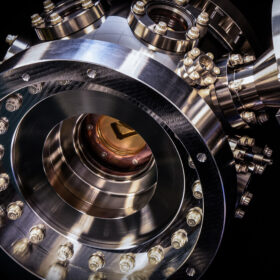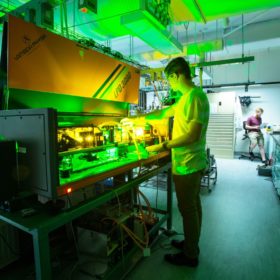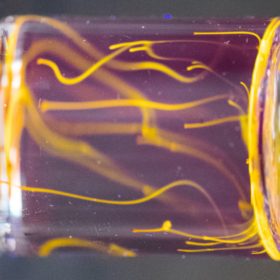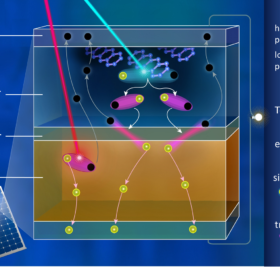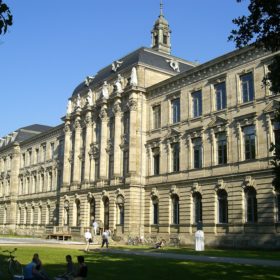MIT researchers plan to use acenes to make singlet fission solar cells
Acenes are benzene molecules with unique optoelectronic properties. Singlet fission solar cells can produce two electrons from one photon, making the cell more efficient.
Quantum physics, supercomputers, and solar cell efficiency
Scientists in the United States applied quantum computing techniques to the study of singlet fission – a little understood phenomenon that carries the potential to greatly increase solar cell efficiency. For now, the study reveals more about potential applications for quantum computing than for solar cells. But the techniques demonstrated could eventually helps scientists identify better materials for highly efficient solar cells.
New discovery promises to bring singlet fission enhanced C-Si solar cells nearer to commercial production
New research from Australia has shown that singlet fission solar cells do not only have the potential to raise the theoretical efficiency of the PV technology to unexpected levels but also to provide a better temperature behavior and longer duration compared to conventional PV devices. The scientists believe that this technique may help conventional crystalline silicon solar cell technologies reach efficiencies close to 30%.
Designer molecules enable ‘two for one’ efficiency boost
Scientists in the U.S. have come a step closer to taking advantage of singlet fission – a phenomenon seen in certain solar cell materials that promises to greatly increase energy yield. By designing and testing various molecules, the group was able to better understand the fundamental processes behind the mechanism and optimize materials to better take advantage of it.
German scientists work on efficiency boosting cell concept
Researchers from Berlin’s Helmholtz Zentrum Research Institute have developed a silicon heterojunction cell, with an additional crystalline layer that utilizes an effect known as singlet fission to boost efficiency. The team has created a device demonstrating that the principle works, and says that with further experimentation, the concept could achieve cell efficiencies as high as 40%.
German scientists use chemical process to boost solar cell efficiency
A team of researchers from the University of Erlangen-Nuremberg in Germany has published research into a physical-chemical process known as singlet fission, which it says could boost solar efficiency by as much as 50%.

